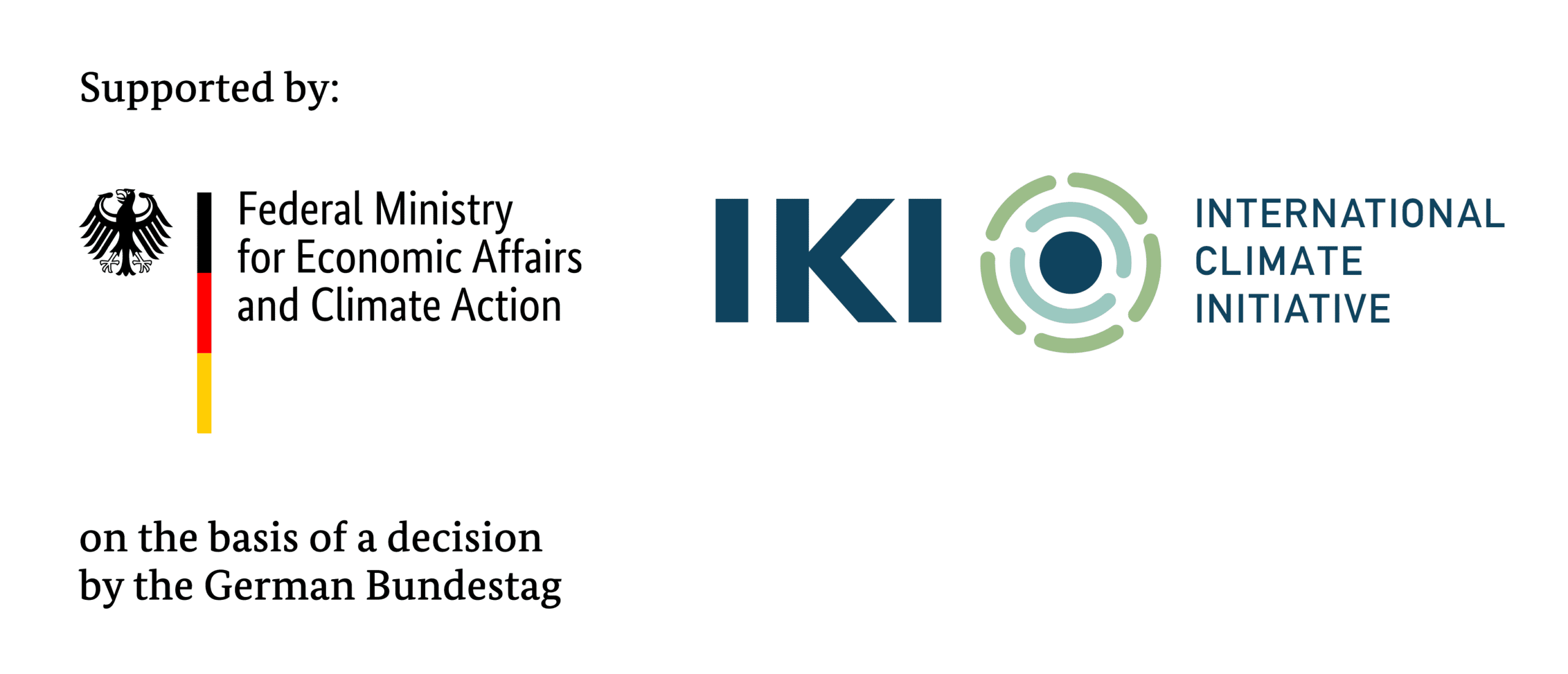We enter the training-mode. The aim is to further develop our knowledge and expertise while engaging with content developed by experts in sustainable transport:
Training 1: Designing policies to enable vehicle efficiency at country level
In this training country delegates will gain hands-on knowledge on different policy options to enhance vehicle efficiency and foster electrification, such as fuel economy standards, energy efficiency labels and vehicle taxes (feebates). The training will focus on the different steps to develop these policies including data collection, analysis and management, stakeholder participation and how to overcome barriers to implementation. It will facilitate peer learning among participants and provide an opportunity to exchange with international experts.
Speakers
Speakers
Speakers
Speakers
Speakers
Speakers
Speakers
Speakers
Speakers
Speakers
Training 2: Rolling out e-mobility through effective decision-making
The transition to electric mobility requires governments to set in place the necessary frameworks for the right markets, services, and infrastructure to develop. The good news: the list of regulations, policies and standards is similar across contexts. And while no government is exempt from this process, all stand to benefit from each other’s experiences. During this training, participants will interact with leading experts, private sector representatives, and peers to identify the best approaches and solutions available to make electric mobility a reality in their own countries.
Speakers
Speakers
Speakers
Speakers
Speakers
Speakers
Training 3: Building a long-term urban planning future for safe and sustainable mobility
Through the implementation of a participatory workshop about Sustainable Urban Mobility Plans (SUMPs), the aim is to generate practical learning in the attendees about the formulation process and the logical structure that includes relevant aspects for its implementation. These aspects are relevant for the implementation of a SUMP that identifies the conditions and needs of each territory. In the same way, the development of sustainable and safe mobility plans has become a prevailing need to address the challenges associated with urban mobility and guarantee the safety of citizens, as well as the protection of the environment.
Speakers
Training 4: Structuring sustainable and bankable mobility projects (EN/SP/FR)
In this training participants will have a better understanding of the different financial options (or a combination of financial options) they can consider in the implementation of sustainable mobility projects. Through a participative workshop the participants will construct knowledge using different methodologies and tools.
Speakers
Speakers
Speakers
Speakers
Speakers
Speakers
Speakers
Training 5: Power-to-X in the shipping industry
The importance of shipping for all global trade is enormous, as is the challenge of the sector to design a net-zero future to cope with climate change. This training proposes Power-to-X for alternative fuels a part of the solution. On day one, participants get a solid introduction into the concept of Power to X and the importance of sustainability criteria for a just energy transition, focusing on the shipping industry. Day two draws specific attention to this sector: After outlining the overall context of international ambitions and regulations by IMO and EU, several mitigations options such as technologies and fuels will be presented and discussed regarding their applicability in the participants´ countries. Finally, the focus will be given to Green Shipping Corridors as a starting point of action.
